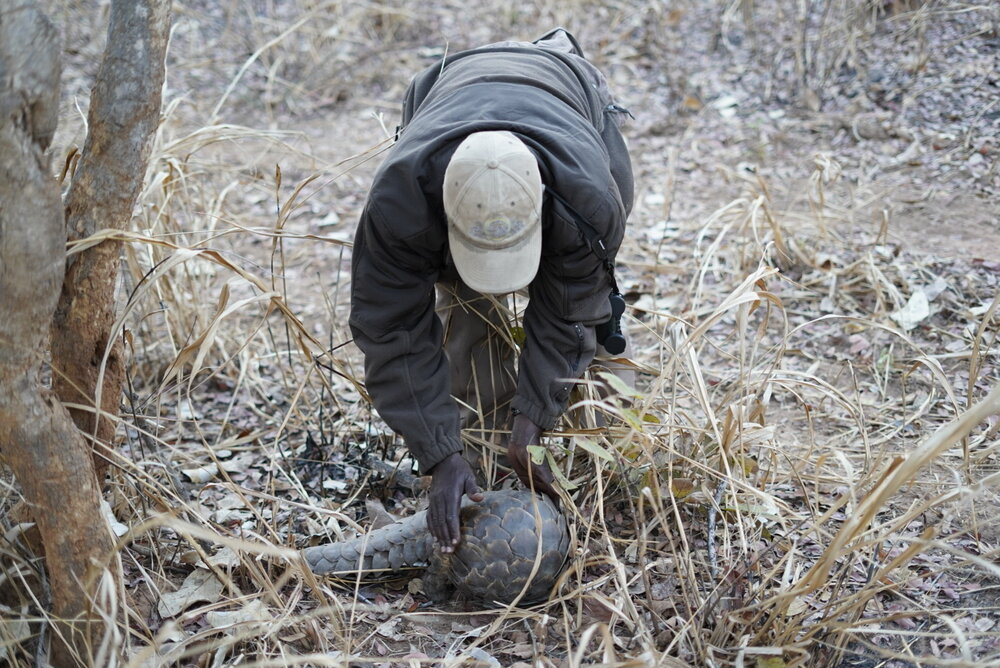Driven by an insatiable demand for their scales and meat, the illicit trade of pangolin has soared in the last 10 years. Approximately one million African pangolin were estimated to have been removed from the wild between 2010 -2013 and illicitly traded across international borders to meet the growing demand for their scales, that are used in Traditional Chinese Medicine, and meat that is seen as a delicacy. As a result, all eight species of pangolin are now listed as vulnerable, endangered or critically endangered with extinction.
Knowledge of the scale of pangolin trade is known only by the size of intercepts. As these intercepts occur closer to the end market, they represent many thousands of individuals that originate from many range states. Within range states, including Kenya, pangolin poaching is only identified if intelligence informers detect and report information of a sale that is likely to take place. These events often happen in towns far away from the habitat the pangolin was removed from. Whilst The Pangolin Project continues to work to increase the likelihood of intercepting pangolin and pangolin products, trade patterns and markets nodes shift making it increasingly difficult for effective intelligence. Protection of pangolin in situ and increasing the barriers to pangolin being removed from their habitat is an essential part of protecting pangolin.
Tusk’s support will support the formation of a Mobile Pangolin Technical Unit (MPTU) that will work within pangolin habitats to provide essential baseline information and data about pangolin populations in any area and bring together collaborative partners.

